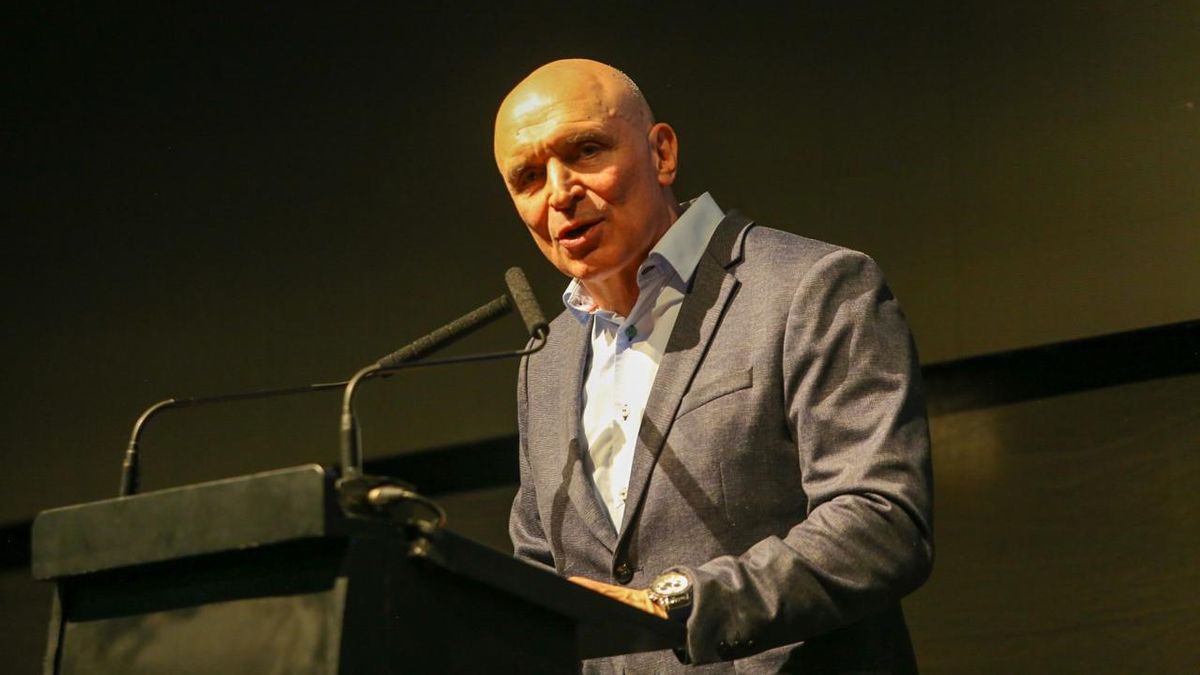Labor market
How artificial intelligence changes the call center business
Copy the current link
Add to the memorial list
A researcher says. The industry association registers a decline in mass business. And a German start-up advertises with AI agents who also call.
Miswhile disappeared packages, postponed air travel and lost bank cards: Without the help of call centeragents, such annoyances would be much more annoying. And if you recently annoyed a call center employee, you can soon miss him. Because according to industry experts, artificial intelligence (AI) will continue to gain in importance in call centers. That has followed.
The economist Marie-Christine Fregin from the University of Maastricht is expecting decreasing employment in the industry. AI can make employees more productive, which reduces the labor requirement, and finally replace it entirely. “The question is whether people will still sit in the call centers in the future,” says Fregin. Ultimately, this is a decision by the companies.
The fact that call center close occurs again and again. Most recently, the German online retailer Otto announced that it would relieve around 480 employees of the customer service. The company from Hamburg justified this with a stricter competition and a poor economy. But also with a changed behavior of the customers who preferred to call less and return on the app.
Different tasks in the call center
How many people work in Germany’s call centers is not exactly recorded. According to figures from the Federal Employment Agency, there were approximately 127,000 specialists in so -called dialog marketing in 2023, including call center agents. The industry association CCV from Berlin indicates the number of employees with around 560,000 because it also includes employees of corporate call centers.
Association President Dirk Egelseer tells that the distribution of tasks in the call center are similar to a pyramid: Most employees carried out routine activities that are part of questions such as “Where is my package?” to answer again and again. Further up there are the longer -trained employees who take over complex tasks such as banking. You would have to serve several IT systems and could not solve the problems of customers with standard rates.
Egelseer, who belongs to the management of a Nuremberg call center, expects the scientist Fregin that automation changes business. However, he does not believe that all employees are threatened by the upheaval. Rather, he observes an opposite development: the demand for the simple mass business decreases during the need for complex services.
A central question is whether AI will only replace the mass business, as Egelseer suspects. Scientist Fregin evaluates it differently: she assumes that AI can also cover complex services in the call centers. That is due to so-called AI agents.
These are applications that not only provide information – for example, do not just answer where a package is located. The agents can send forms, write with other areas of the call center and call customers to drive away products. So act independently. However, AI agents have not yet been widespread, Fregin restricts.
A provider of AI agents is the Berlin start-up parloa. As the company reports, its agents can also make calls. “For example, if someone has booked a flight and shortly before the trip there are places in better categories, Ai Agents can make good offers for upgrades shortly before.”
The number of customers does not call Parloa; But she increases. The customers came primarily from the finance and insurance sector, the individual and online trade and the energy supply- including Barmenia Gothaer, Rossmann and Eon One. Companies that use the platform from Parloa pay at least 100,000 euros annually.
More money for fewer employees
Since AI is increasingly can do more, the question arises: Who will work in call centers in the future? From the scientist Fregin’s point of view, it is realistic that in the future, significantly fewer, but better paid people work in call centers. These performed complex activities more often because the simple tasks are automated. “More complex jobs are often jobs for other people,” says Fregin. President Egelseer comments similarly.
Volker Nüssen is responsible for call center at the Verdi union in Berlin. He reports that the work is increasingly moving away from the call center to the home office. Union members put this under pressure because they could hardly organize themselves in the existing legal situation. The situation of the employees is completely out of view during the upheaval. However, it must be taken into account.
dpa
Source: Stern




